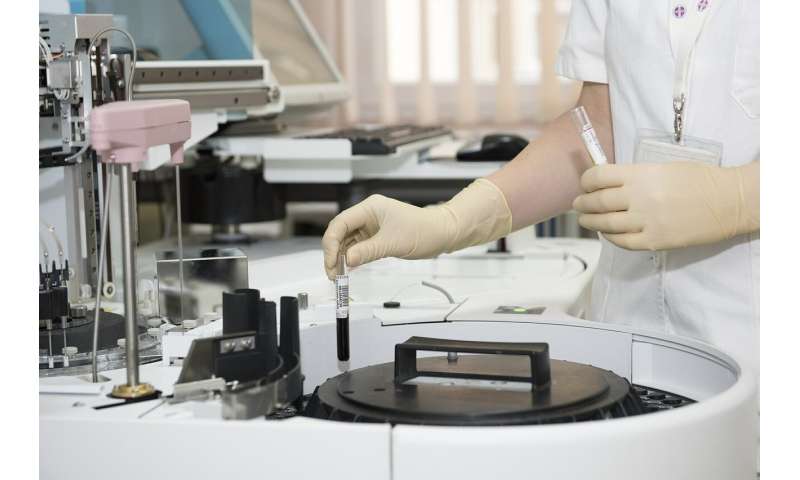
People age in different ways. Biological age is a metric that scientists use to predict health risks, the relevance of which can be enhanced by combining different markers. Particularly important markers are frailty and the epigenetic clock, write researchers from Karolinska Institutet in a study published in eLife.
Biological age can differ from chronological age, and the idea of measuring biological age is that it can indicate health risks or the risk of early death—and thus hopefully provide new opportunities for preventative healthcare.
But which markers are most relevant to the measurement of biological age? One new piece of the puzzle can be found in a study led by Sara Hägg, researcher at Karolinska Institutet, that combined different markers.
Different ways of measuring biological age
“There are different ways of measuring biological age,” she says. “We need to know which markers are the most important. Ultimately it might conceivably lead to new ways to prevent age-related diseases.”
The biological age metric has been examined in several studies recently. One thing that sets this new study apart is that it studies a combination of multiple markers.
The results of the study show that some markers are particularly important for predicting the risk of early death. The degree of frailty, based on the participants’ self-reports of various symptoms, is one; another is the epigenetic clock (DNA methylation age estimator), which is linked to how different genes are expressed.
Effective tool for predicting health risks
Other markers studied include telomere length, blood biomarkers and cognitive and physical abilities. These markers were also associated with an increased risk of early death.
The study was a population study that followed 845 middle-aged and elderly participants over a period of 20 years.
Source: Read Full Article
